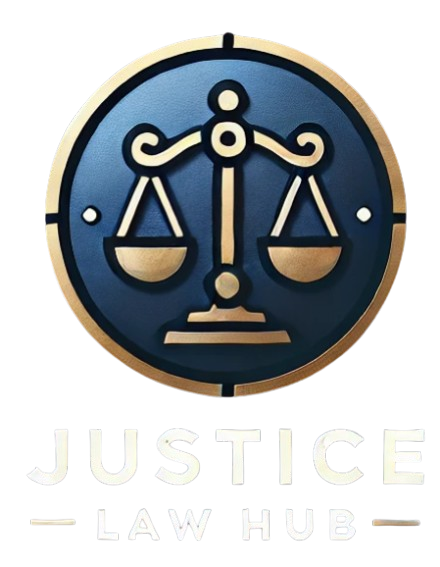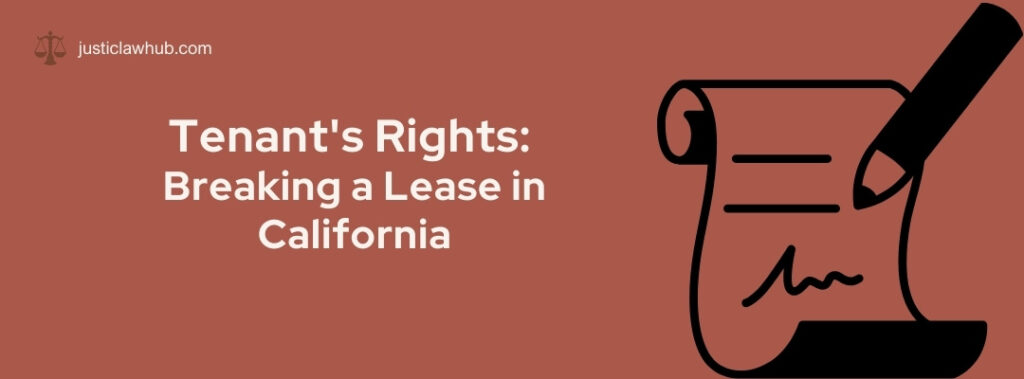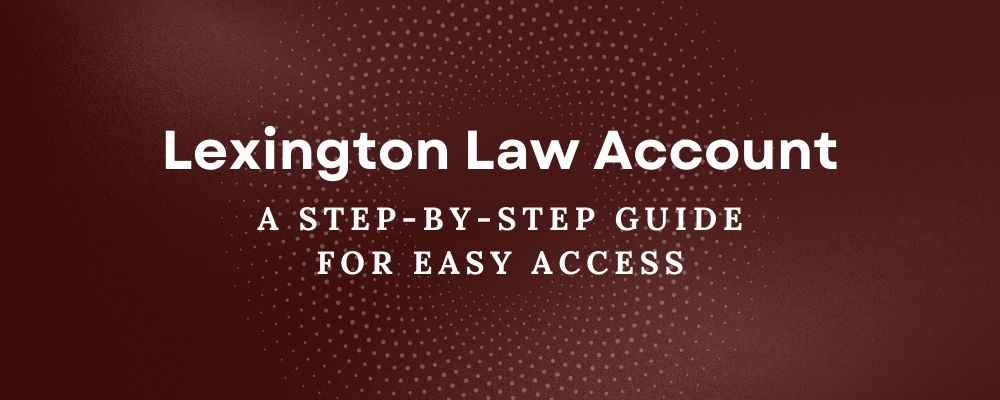The internet has changed how people search for legal services. Instead of flipping through a phone book or walking into the nearest law office, potential clients now rely heavily on Google. They type queries like “best divorce lawyer near me” or “how to file bankruptcy with an attorney.”
But here’s the catch: not all online content is treated equally by search engines. When it comes to law, finance, and health, Google uses special quality standards called YMYL (Your Money or Your Life). In simple words, this means that if a website is offering advice that could impact someone’s finances, health, or legal rights, it has to meet much higher standards.
That’s where the idea of E-A-T (Expertise, Authoritativeness, and Trustworthiness) comes in. For lawyers and law firms, understanding and implementing E-A-T within the YMYL framework is critical. Without it, your content risks being invisible in search results.
This blog will explore how Eat YMYL Lawyers connects SEO with legal marketing, why it matters for law firms, and how attorneys can create authoritative, trustworthy content that actually ranks.
What Does YMYL Mean for Lawyers?
YMYL is Google’s way of protecting users. If legal information is misleading, outdated, or incorrect, it can have devastating effects on someone’s life. Imagine a client finding inaccurate advice about filing deadlines or immigration procedures. That misinformation could cost them money—or even their freedom.
For lawyers, this means that content is scrutinized more closely. Legal websites need to demonstrate credibility at every step. Unlike entertainment or hobby blogs, a law firm blog must prioritize accuracy and reliability above everything else.
Related Post: Do You Go to Jail for Misdemeanours? A Complete Guide
The Role of E-A-T in Legal Content
E-A-T is the standard Google uses to measure quality. Let’s break it down in the context of law firms:
- Expertise – Does the content show that it was written by someone with legal knowledge? For instance, was it authored or reviewed by a licensed attorney?
- Authoritativeness – Is the law firm or lawyer recognized in their field? Do other credible websites link to their content?
- Trustworthiness – Is the website secure, transparent, and honest about who is behind it? Are contact details clearly provided?
When lawyers produce content that showcases E-A-T, they not only please search engines but also reassure clients that they’re in safe hands.
Why Eat YMYL Lawyers is a Big SEO Factor
Legal SEO is one of the most competitive fields online. Thousands of attorneys are vying for the top spot on Google. But because law is a YMYL category, normal SEO tricks aren’t enough.
Search engines want to highlight only the most trustworthy law firms. That’s why understanding how to “Eat YMYL Lawyers”—or more precisely, how to apply E-A-T within YMYL for lawyers—is the secret to standing out.
For example, a blog post on “How to File for Divorce in California” will rank higher if:
- It’s written or reviewed by a licensed California attorney.
- It includes citations to reputable sources like state government websites.
- It uses clear, jargon-free language that helps the reader.
- It displays the lawyer’s credentials and contact details.
LSI Keywords That Strengthen Legal SEO
To optimize for Eat YMYL Lawyers, it’s smart to incorporate Latent Semantic Indexing (LSI) keywords. These are related terms that help Google understand your content’s context.
Here are some examples and how they fit into headings and paragraphs:
- law firm SEO
- legal content marketing
- attorney website authority
- trust signals for lawyers
- expert legal advice online
- boost law firm rankings
Using these keywords naturally in your content strengthens your authority while keeping the writing human-friendly.
How to Build Expertise in Lawyer Content
Building expertise starts with showing that actual lawyers are involved in content creation. Here’s how law firms can highlight expertise:
- Author bylines – Every blog post should list the attorney who wrote or reviewed it, along with their credentials.
- Case studies – Sharing anonymized examples of real legal work builds trust.
- Specialization – A firm focusing on family law should consistently create content around divorce, custody, and adoption rather than random topics.
Expertise isn’t just about writing—it’s about showing proof of legal knowledge.
Related Post: How to Win Full Custody: A Complete Guide for Parents
Boosting Authoritativeness for Law Firms
Authoritativeness is about reputation. Here’s how lawyers can build it:
- Get featured in reputable publications – Contributing guest articles to legal magazines or news outlets strengthens credibility.
- Earn backlinks – When other authoritative websites link to your blog, Google recognizes your authority.
- Highlight awards and recognition – If your firm has been named “Top Law Firm” or an attorney received honors, display it proudly.
The more third-party validation you receive, the stronger your attorney website authority becomes.
Building Trustworthiness in Lawyer Websites
Trust is essential for legal clients. People are often in stressful situations when they contact an attorney, so they need reassurance.
To build trust, a law firm website should include:
- Clear contact information (phone, email, address).
- Secure HTTPS encryption to protect user data.
- Transparent disclaimers making clear that content is general information, not legal advice.
- Client testimonials and reviews to showcase real-world results.
These trust signals for lawyers can make the difference between someone clicking “Contact Us” or leaving your site.
The Link Between SEO and Client Confidence
When clients see a law firm ranking high in search results, they assume that firm is credible. But rankings don’t come by chance—they’re a reflection of strong SEO practices, especially Eat YMYL Lawyers.
By producing trustworthy, high-quality legal content, attorneys not only rank better but also instill confidence in potential clients. That trust often translates into phone calls, consultations, and new cases.
Legal Content Marketing in Action
Let’s look at some examples of how law firms can use legal content marketing within the Eat YMYL Lawyers framework:
- Blog posts – Covering common client questions like “What happens if I miss a court date?”
- Guides and FAQs – Offering detailed resources, such as “Step-by-Step Guide to Filing Bankruptcy.”
- Video content – Short explainer videos featuring attorneys answering common legal queries.
- Case studies – Showcasing real client success stories (with permission).
Each type of content serves as proof of expertise and builds authority.
Common Mistakes Lawyers Make with YMYL Content
Many law firms struggle with SEO because they overlook YMYL standards. Some common errors include:
- Publishing generic, low-value articles written by non-lawyers.
- Using clickbait headlines without providing real legal insights.
- Hiding attorney credentials or failing to show who authored the content.
- Neglecting security (no HTTPS) or leaving out clear contact details.
Avoiding these mistakes ensures your website builds trust instead of losing it.
How to Future-Proof Law Firm SEO
Google’s algorithms are always evolving, but one thing is clear: E-A-T and YMYL aren’t going away. In fact, they’re becoming more important.
To stay ahead, law firms should:
- Update content regularly – Laws change, and outdated info hurts trust.
- Invest in quality writers – Ideally attorneys or legal professionals with SEO training.
- Monitor online reviews – Reputation management is part of building authority.
- Track SEO performance – Use tools to analyze rankings, backlinks, and user engagement.
By aligning with Eat YMYL Lawyers, your content stays competitive for years to come.
Conclusion: Why Eat YMYL Lawyers Matters
In today’s digital-first world, clients are more likely to meet your law firm online before they meet you in person. That’s why Eat YMYL Lawyers—the combination of E-A-T and YMYL principles—is not just an SEO buzzword. It’s a strategy for survival in a competitive legal marketplace.
When law firms publish content that demonstrates expertise, authority, and trust, they rank higher, attract more clients, and build stronger reputations. On the other hand, neglecting YMYL standards can bury even the best lawyers under pages of competitors.
The takeaway is simple: if you’re a lawyer or a law firm, prioritize E-A-T and YMYL in every piece of content. Doing so ensures that clients trust you, Google rewards you, and your practice grows steadily in the digital era.



